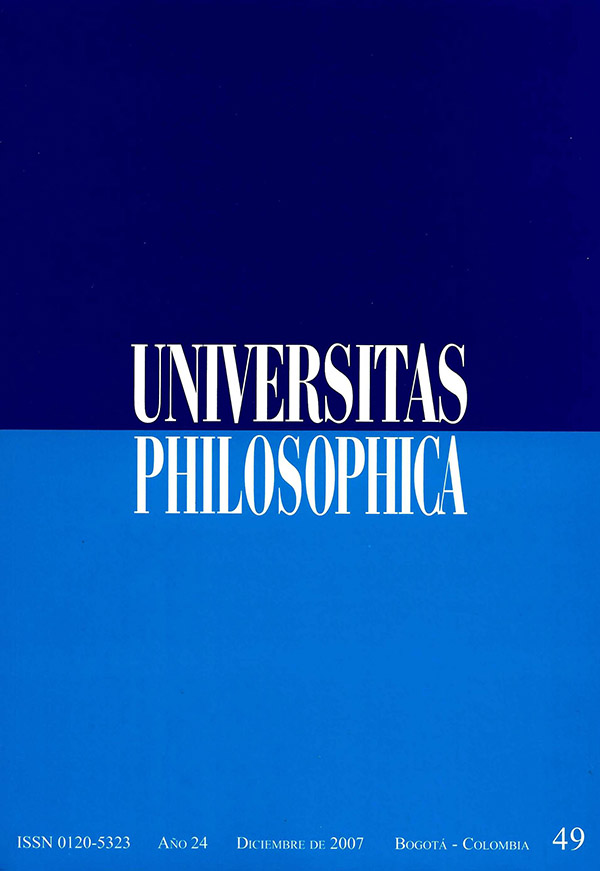Abstract
The following essay tries to explore from the third of the Kant’s Critiques, the ethical-political implications of the aesthetical judgments. Standing on the aesthetical horizon of the transcendental philosophy, I’ll try to discover, starting with the cognitively character of the taste judgment, the different ways in which intuitivist and ludic nature participates in the redefinition of the concept of “politics” as in its symbolical reference to the moral goods. Finding communicative vessels between aesthetical judgment and the need of comprehension claimed by the definition of “politics” and of symbolic mediation between the moral goods and beauty, I try to integrate ethics and politics starting from aesthetical judgments. This “third” moment (E.Trias and M. Beuchot), opens new possibilities for philosophical reflection on politics and values from a methodological, discursive and symbolic wider scope.This journal is registered under a Creative Commons Attribution 4.0 International Public License. Thus, this work may be reproduced, distributed, and publicly shared in digital format, as long as the names of the authors and Pontificia Universidad Javeriana are acknowledged. Others are allowed to quote, adapt, transform, auto-archive, republish, and create based on this material, for any purpose (even commercial ones), provided the authorship is duly acknowledged, a link to the original work is provided, and it is specified if changes have been made. Pontificia Universidad Javeriana does not hold the rights of published works and the authors are solely responsible for the contents of their works; they keep the moral, intellectual, privacy, and publicity rights.
Approving the intervention of the work (review, copy-editing, translation, layout) and the following outreach, are granted through an use license and not through an assignment of rights. This means the journal and Pontificia Universidad Javeriana cannot be held responsible for any ethical malpractice by the authors. As a consequence of the protection granted by the use license, the journal is not required to publish recantations or modify information already published, unless the errata stems from the editorial management process. Publishing contents in this journal does not generate royalties for contributors.


